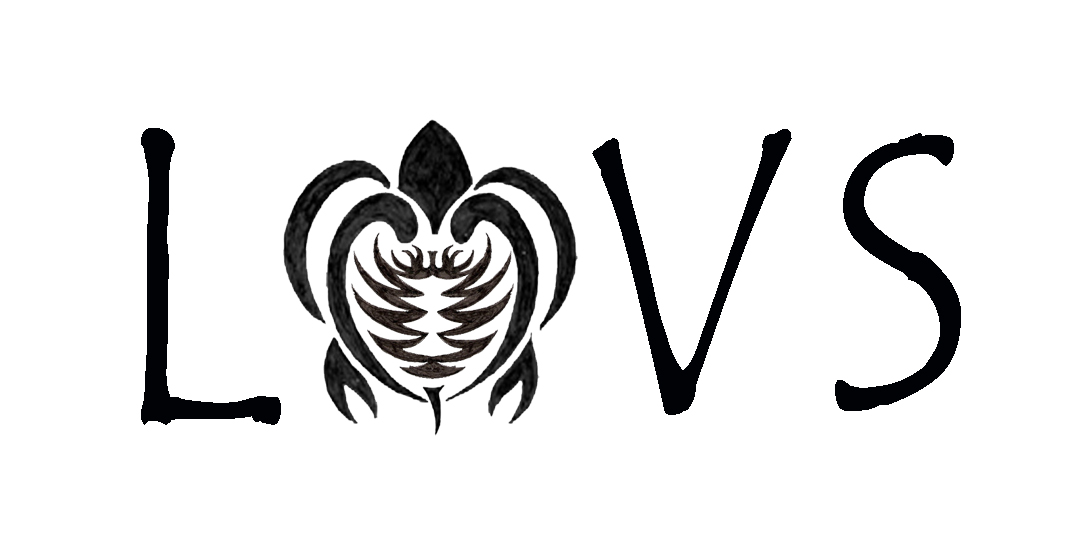Easter is coming and if you are trying to find out who gets the kids for the Easter holiday you will need to keep looking. The statute doesn’t discuss the Easter holiday at all. The Easter holiday is treated just like any other weekend. In some school districts, Easter falls during Spring Break. Utah statue says the noncustodial parent gets spring break in odd years and the custodial parent gets it in even years. If Easter isn’t during Spring Break, then the parent who has the children that weekend for the normal rotation would have the children.
Of course, you and your co-parent are able to decide on a different schedule or arrangement, if you prefer. It is smart to get any agreement in writing to protect yourself and make sure the arrangements are clear.
Happy Easter!
